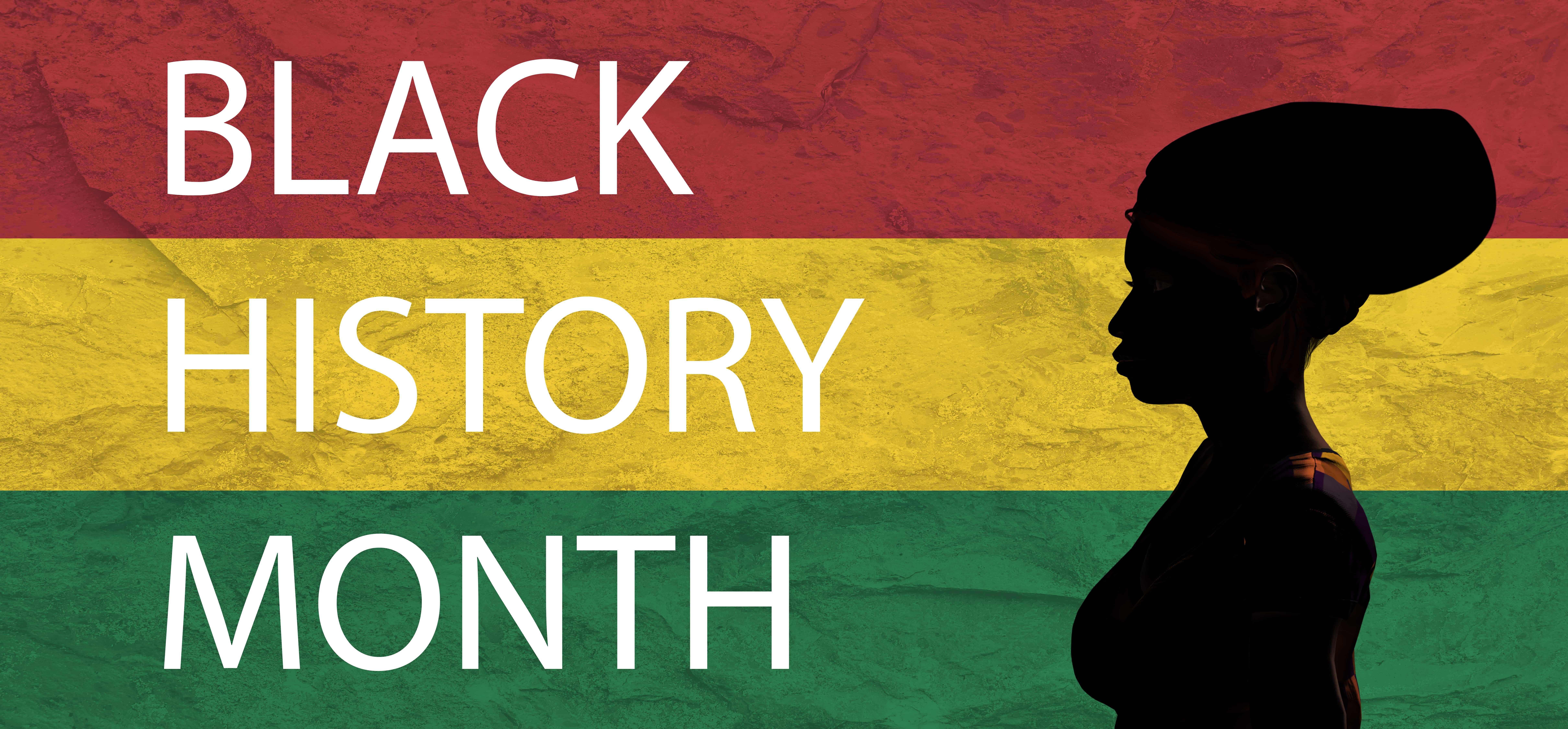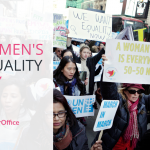03 Feb Why Celebrate Black History Month

The US celebrates seven so-called Special Emphasis Months (see below) “designed for the purpose of providing cultural awareness to everyone,” as the Equal Employment Opportunity Commission (EEOC) indicates. Observance of each month is implemented by Presidential Proclamation, Executive Orders or Public Law, and some like the Black History Month are celebrated in other countries as well, like Canada, Germany, Ireland, the Netherlands, and the UK.
February: African American History Month
March: National Women’s History Month
May: Asian/Pacific American Heritage Month
June: Lesbian, Gay, Bisexual and Transgender Pride Month
Sept 15-Oct 15: National Hispanic Heritage Month
October: National Disability Employment Awareness Month
November: National American Indian/Alaska Native Heritage Month
Why Celebrate
We all know we should honor diversity on a regular and on-going basis. So why dedicate a special month to celebrating diversity of each of the under-represented groups among us? And can it possibly have an adverse effect of implying that special month is the only time to honor them?
The answer is simple. We all get busy with our daily and almost automated routines. Just like Mother’s Day, Valentine’s Day and many other occasions that we celebrate, the observance of a special month helps us remember to pause and be intentional about honoring and recognizing the history, achievements and struggles of people associated with each observance.
Most importantly, it is also an occasion to ask ourselves what we can each do every day to honor and support minorities and the under-represented among us. icecream screen recorder It is indeed by being intentional about diversity and inclusion that we can achieve what was intended by the Founding Fathers of this nation when they set out to “form a more perfect Union.”
The History
The Black History Month started as a week-long celebration In 1926, when historian Dr. Carter G. Woodson and the Association for the Study of Negro Life and History announced the second week of February to be “Negro History Week” with the intent of raising awareness of African Americans’ contributions to history. This week was selected because of its proximity to the birthdays of Abraham Lincoln and Frederick Douglass, both of whom significantly affected the lives of People of Color. A writer and civil rights activist, Frederick Douglass, born February 14, 1817 escaped slavery at age 21 and played a key role in the abolition of slavery. Abraham Lincoln was born on February 12, 1809, and while serving as US President freed all slaves within the Confederacy with the Emancipation Proclamation of 1863. Fifity years later, in 1976, the Negro History Week was expanded to a month-long observance, and has been celebrated since as the Black History Month.
Ways to Celebrate
Honoring Black History Month starts with a thought process and intentionality, but must include action, both personal and organizational to become more aware and support People of Color. We are recommending the six actions below, some inspired by the much longer list of actions provided by the NAACP (see the full list here):
1. Read (or watch) Dr. King’s “I Have a Dream speech
2. Support a Black-owned business, a black team member, or a black youth
3. Visit a Black History or Civil Rights Museum in your local area
4. Watch a movie focused on the Black culture, accomplishments or struggles
5. Read a book by a Black author, or about an influential Black figure or unsung hero
6. Engage in healthy conversations about Black history on social media, or call out racism and prejudice in your community
We are excited to celebrate all this month! Please write to us and let us know your thoughts on Black History Month and how you and your organization are celebrating. Let’s “lift every voice and sing” together, as the NAACP legendary leader, James Weldon Johnson, says in the title of his famous song, often also referred to as “The Black National Anthem.”



